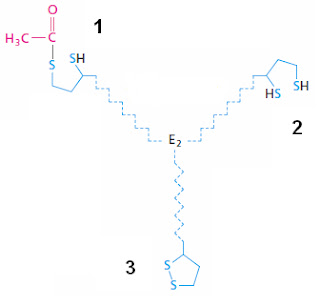 Let's look at a recent post on Evolutin News * Views (sic): From Discovering Intelligent Design: Opposition from the Scientific Establishment. As the title suggests, this is an excerpt from one of the books being heavily promoted by the IDiots.
Let's look at a recent post on Evolutin News * Views (sic): From Discovering Intelligent Design: Opposition from the Scientific Establishment. As the title suggests, this is an excerpt from one of the books being heavily promoted by the IDiots.They have a problem. How do the IDiots explain why 99.9% of biologists oppose Intelligent Design Creationism? It's because they all have a materialistic bias that prevents them from following the evidence wherever it may lead. Read this bit ...
ID challenges a reigning scientific paradigm. But as sociologist Steve Fuller says, ID is not anti-science, but rather anti-establishment. ID theorists want more scientific investigation, not less. They simply want the freedom to follow the evidence without harassment or philosophical restrictions.Let me remind you that the presence of junk DNA in our genome was not anticipated by those who believed in the importance of natural selection. What happened was that the evidence became too substantive to ignore so scientists had to accept the presence of junk DNA in spite of the fact that most of them expected selection to eliminate it.
An ID-based view of science promises to open new avenues of scientific investigation. Without materialist paradigms governing science, perhaps more scientists would have sought function for structures like "junk" DNA and vestigial organs, rather than assuming they were non-functional evolutionary relics.
Now if you insist on believing in an intelligent design paradigm then you simply can't follow the evidence wherever it may lead because junk DNA isn't part of your worldview. In other words, the example used by the IDiots in this post is the exact opposite of the point they are making.
Oops!
Now you know why we call them IDiots.























